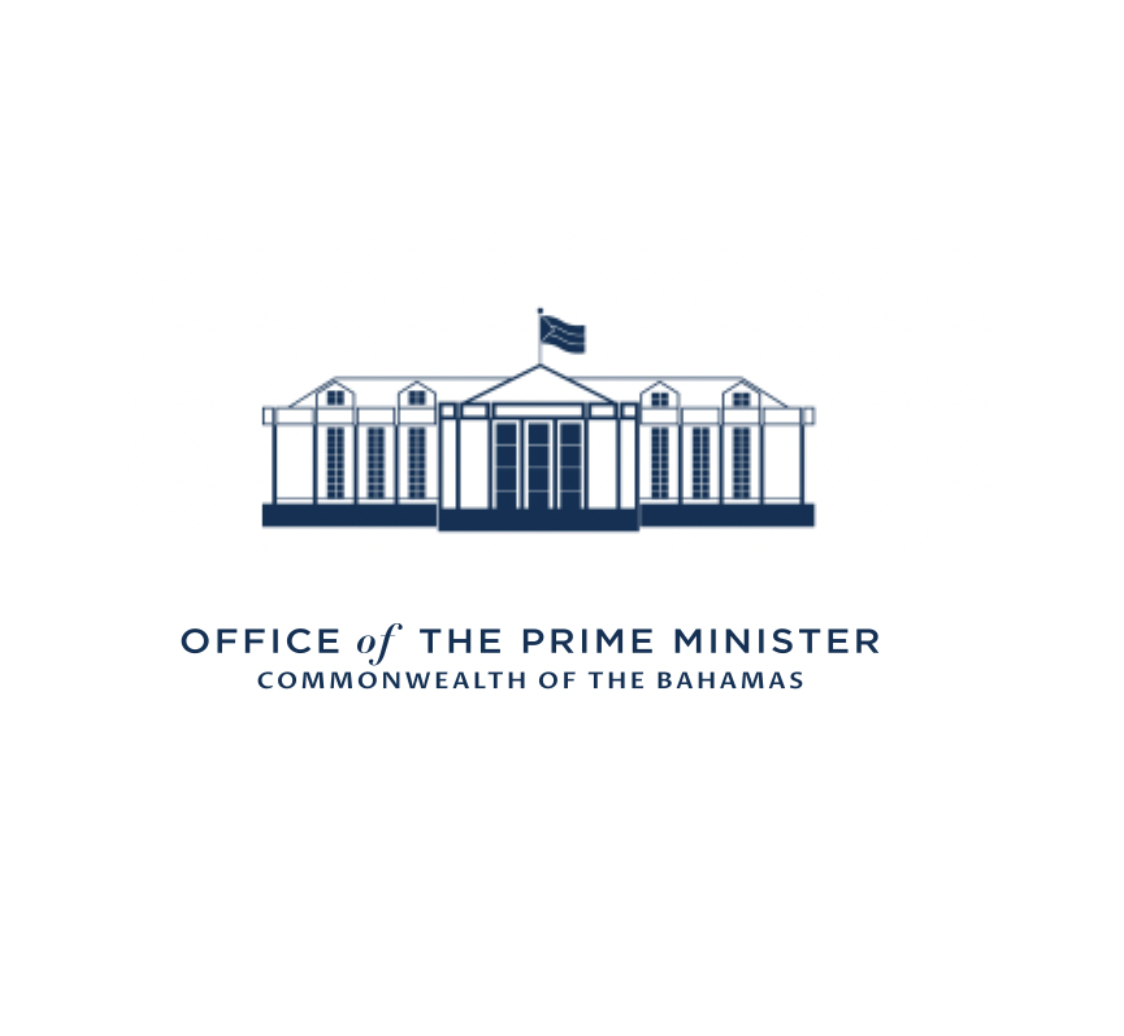Pandemic Prevention, Preparedness and Response (PPPR)
Intergovernmental Negotiating Body (INB)
78th United Nations General Assembly
20 September 2023
New York
Mr. President:
Some 140 world leaders are expected here in New York this week.
Let’s imagine, for a moment, that tomorrow morning, we wake up to the news that a deadly new pathogen is spreading, this time more quickly than the COVID virus.
The skies above New York would fill with airplanes, as we rushed back to our countries to help our people confront the new threat.
And virtually every one of us would be thinking the same thing, as we headed home:
Why didn’t we do more – together – to prevent this?
And how is it possible that millions of tragic COVID deaths failed to motivate our countries to cooperate and prepare sufficiently for such a moment?
Mr. President:
Although many scientists believe a new pandemic is plausible, the world is not ready for one.
I’m grateful to all of you who are here to change that.
Properly investing in pandemic prevention, preparation, and response may be very expensive — but it is surely a fraction of the cost of failing to do so.
If pathogens can cross borders, then so too must solutions, innovations, technologies, and treatments.
Mr. President:
Of the forty-one (41) Articles in this Accord, the following five (5) are among those which have significant implications for Small Island Developing States:
- Article 9 on Research and Development
- Article 11 on Co-Development and Transfer of Technology
- Article 12 on Access and Benefit Sharing
- Article 13 on Supply Chain
- Article 19 on Financing
These Articles must explicitly include sustainable funding mechanisms, and transparent and equitable funding allocation mechanisms – which reflect a full and fair analysis of a country’s realities, rather than relying on misleading GDP-per-capita classifications.
Research and Development developed with public funding must primarily serve the common good, not short-term corporate profits.
All countries need fair financing to invest in our frontline personnel, our health care infrastructure, our surveillance capacity, and our local expertise.
And I would like to add, more generally:
Good intentions are nice, but binding commitments are better.
Mr. President:
The Pandemic Accord is an opportunity to build capacity, collaboration, and resilience – in all countries.
As we come together this week, let us be grateful that the next pandemic is not yet upon us, and let us use this gift of time as well as we are able.
